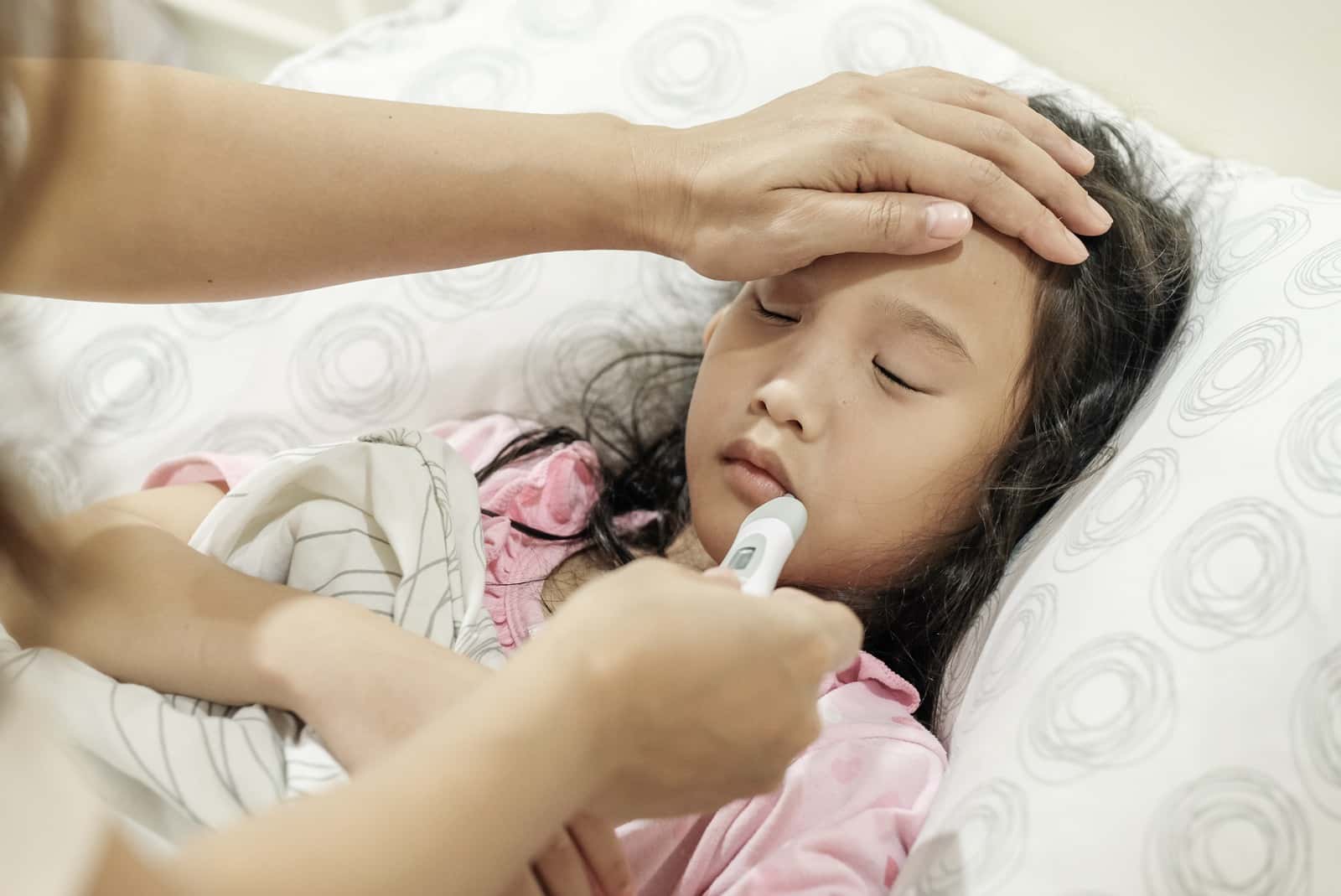
A few weeks ago we asked the question: “When Should You Treat a Fever?” The subhead was: “Elevated temperature can help the body recruit the immune system against infection. That’s why you may not want to treat a fever unless it is very high.” You can read that article at this link.
Readers let us know in no uncertain terms that we totally missed the mark with our answer about when to treat a fever.
Readers Demand to Know When to Treat a Fever!
Q. You’ve written that fever can boost the immune response, but a high fever should be treated. What is considered high? How should it be treated?
I understand it is not good to treat every fever, but at what elevated reading should one take something?
Rebecca cuts right to the chase:
“If you ask a question, you should provide the answer.”
Sally also took us to task:
“You never did say at what point you should treat a fever. How high is too high?”
Lots of readers wanted to know exactly when to treat a fever. We wish there was a simple answer:
When to Treat a Fever? – Here’s the Rub:
A. There is no hard-and-fast rule about when to treat a fever that holds in every circumstance. In a little baby under three or four months, parents should check in with the pediatrician for even a mild fever (a bit over 100 degrees F).
For older children and adults, other symptoms might be more significant. If a child is playing, eating and drinking normally, even a fever up to 102 might not need treatment.
The American Academy of Pediatrics states:
“It should be emphasized that fever is not an illness but is, in fact, a physiologic mechanism that has beneficial effects in fighting infection” (Pediatrics, March 1, 2011).
According to the Mayo Clinic, you should check with the doctor if a toddler is irritable, lethargic and uncomfortable or if the temperature goes over 102. The experts there use 102 as the cutoff even for adults. If the fever lasts for days (even if it is not as high as 102) or the person feels ill, a doctor should be consulted.
What Drugs Work Best?
Drugs that lower a fever are called antipyretics. As far as we can tell, no one drug works better than another when it comes to when to treat a fever.
For lowering a fever, acetaminophen (APAP, Tylenol), ibuprofen (Advil, Motrin IB) or naproxen (Aleve) can all do the job. Adults can take aspirin, but children should not receive it. That’s because of the fear of Reye’s syndrome. Here is a link to more information about that.
So…When to Treat a Fever Remains Controversial!
We know that answer is unsatisfactory. Lots of our readers want a specific number, like 102 degrees F. The trouble is that there are many variables to take into account.
A frequent guest on our syndicated public radio show is Tieraona Low Dog, MD. She is author of a wonderful book titled Healthy at Home. She points out that it makes sense to assess a child’s overall behavior.
A child who is listless and not eating, even if the fever is only 99 or 100, may need prompt medical attention. A child with a fever of 101.9 who is active, eating and drinking may not need a fever reducer. Here is a link to Dr. Low Dog’s perspective in this free podcast.
We would hold the same thing is true for adults. In this time of the coronavirus, some older people with a fever of 101 may need immediate emergency treatment if they are having trouble breathing. Others, with a temperature of 102, may not need any intervention if they have no other symptoms.
The bottom line seems to be that common sense goes a long way towards determining when to treat a fever.
What Do You Think About When to Treat a Fever?
We welcome your thoughts in the comment section below.
If you found this article of value, please share it with friends and family, especially parents with young children. The icons at the top of the article make it easy to send via email or post on Facebook, Twitter or Pinterest. Thank you for helping us help others.

